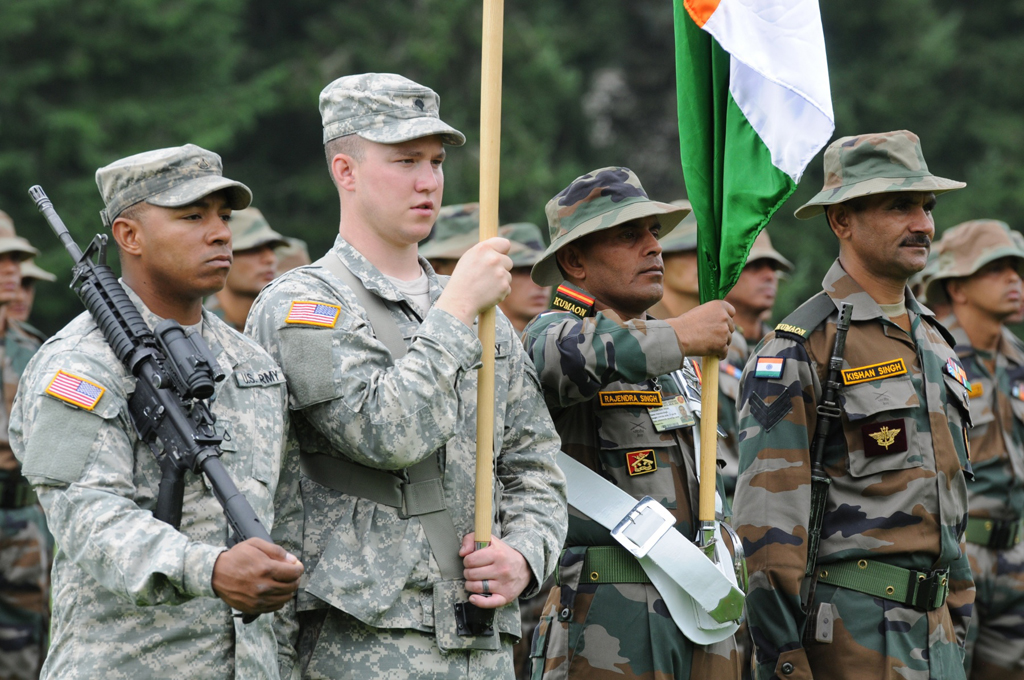Strategists of governance, economics, and geopolitics have long known that a crisis is a terrible thing to waste. The Sino-Indian border crisis, which now seems under control, is no different.
Scuffles in mid-May between Chinese and Indian troops appeared to escalate with People’s Liberation Army actions of unprecedented breadth, size, and coordination across multiple fronts. Though the Indian government sought to keep a lid on the story, reports showed signs of reinforcement and military buildup along the Line of Actual Control, the disputed border between the two countries. Soon after an initial commitment to de-escalation on June 6, brawls on June 15 at the mouth of the Galwan River Valley left 20 Indian soldiers dead — and an undetermined number of Chinese casualties — the first deaths on the border in decades. Since then, Prime Minister Narendra Modi has promised to retaliate if instigated and warned that expansionist powers would lose.
These events are of immense consequence to the United States. American policymakers have contended for years that India plays a “vital” and “pre-eminent role” in Washington’s Indo-Pacific strategy. While U.S.-Indian ties have improved in the last two decades, New Delhi has often been reluctant to align too closely with Washington. The unprecedented violence, intensity of escalation, and recognition of India’s grim options have renewed optimism in the United States that this crisis with China will remove New Delhi’s inhibitions and “push India toward the [United States],” prompting it to “[pick] a side in the new cold war.” Indeed, China’s actions are clearly galvanizing Indian strategic elites to discard hedging for a more assertive approach to the Asian balance of power. As U.S. policymakers express support, strategists like former Under Secretary of Defense for Policy Michele Flournoy have described this crisis as an opening to “accelerate and deepen security co-operation.”
Read the full article in War on the Rocks.




